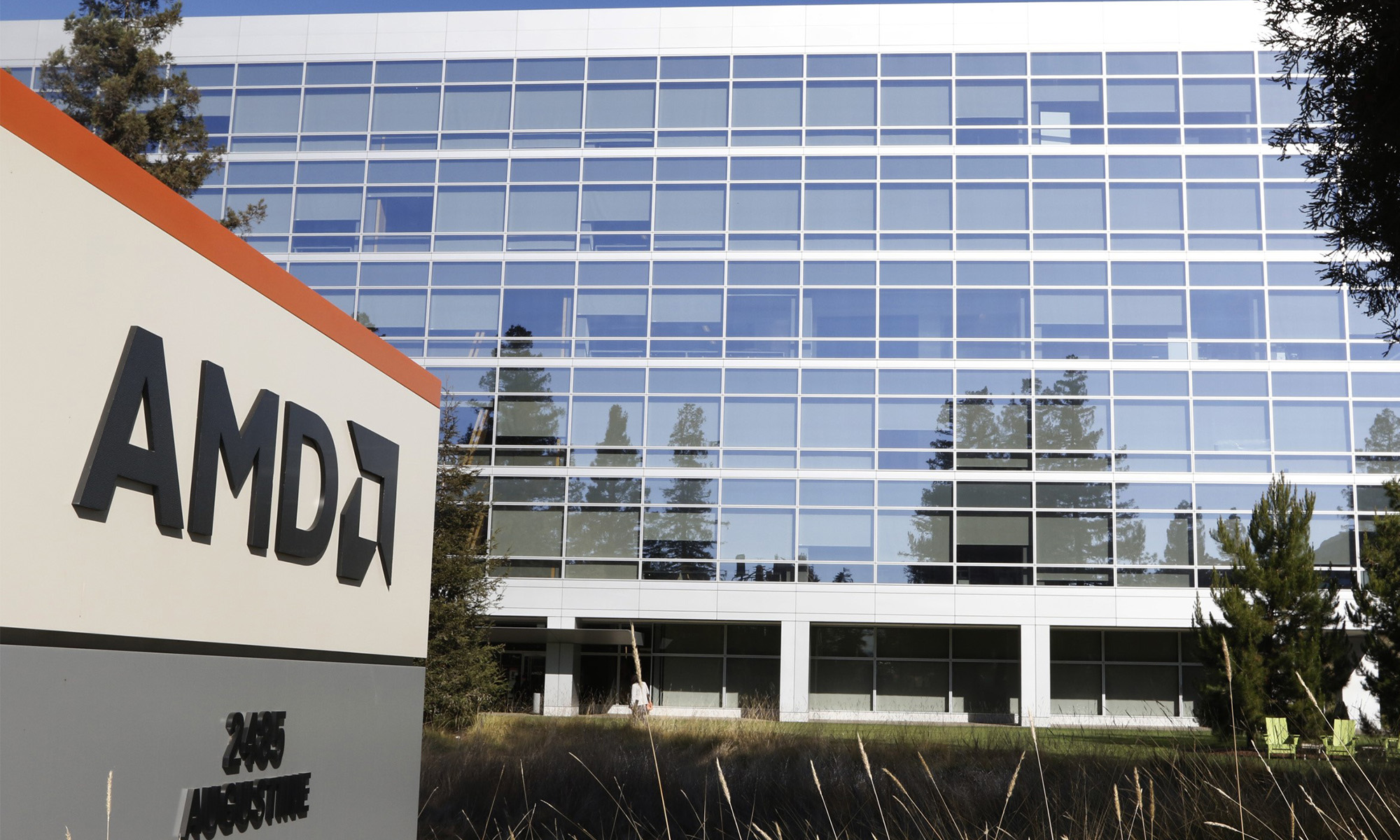There has been quite a lot of talk these days about Samsung (NASDAQOTH: SSNLF) potentially acquiring struggling chipmaker, Advanced Micro Devices (AMD 3.04%). Although such a deal might make sense on the surface, the case for it weakens significantly upon deeper analysis.
The potential rationale for this deal
AMD is not all that well, and the company has struggled to generate positive free cash flow for two years. This is not surprising given that its market share in both PC processors as well as stand-alone graphics processors both continue to weaken.
A significant part of the problem looks to be, as has been widely noted at this point, that as AMD revenues weaken, the company has had to cut research and development spending in order to stay afloat. As it does this, its product pipeline also weakens, making it more difficult to compete in future product cycles. This leads to a vicious cycle of even more research and development cuts.
On the other hand, Samsung is flush with cash and generates substantial cash flow year-in and year-out. The popular idea, then, is that Samsung could acquire AMD and give it the necessary funding to be more competitive in its end markets. This, according to some, could potentially lead to revenue growth for AMD and a solid return for Samsung on the acquisition.
Does AMD really bring much to the table?
The first problem with such a deal is that AMD does not offer much to Samsung that it cannot build organically (or acquire more cheaply). AMD's core assets, in my view, are its CPU cores and development teams, its graphics cores and development teams, and its system-on-chip integration teams.
Samsung has already said that it is designing its own CPU cores, and if it wants AMD's talent, it can simply poach it (as it and many other companies have already done). The same argument applies to graphics processors. Samsung also very clearly has its own system-on-chip integration teams, so there is not much value-add for Samsung there, either.
What about x86?
A point that AMD bulls will make is that AMD has an x86 license, which allows it to compete in the Windows PC market. This is true, but Intel (INTC +1.70%) is a very established player in the PC processor market, and my view is that its PC-related product pipeline is much stronger than AMD's by virtue of the substantial research and development investments that it has made there.
Now, AMD bulls will say that with Samsung's support, the company could bulk up its x86 processor portfolio and make it a viable competitor in PCs and even servers. That sounds nice in theory, but I think that in order to give the AMD product portfolio a fighting chance, it would need to substantially increase its investments.
Even if Samsung were to bring its investments in x86 chips up to the level of what Intel spends, it would take time for those improvements to actually show up in products.
Then, even if Samsung could significantly improve AMD's x86 design pipeline, it seems unlikely that it would be able to compensate for the manufacturing disadvantage that Samsung has relative to Intel.
Being a fab is a better idea
Although Samsung does design its own processors for its own use, it has made it clear that it wants to attract a broad range of foundry customers. Why should it buy AMD and spend lots of money and effort trying to compete with Intel in PCs, when it could profit from building chips for a lot of semiconductor companies?
Between building out its foundry business and building its own Exynos chips for mobile devices, it is hard to see a situation where Samsung wins big with an AMD acquisition. And frankly, if Samsung were interested in AMD, I think it would have acquired it already.







